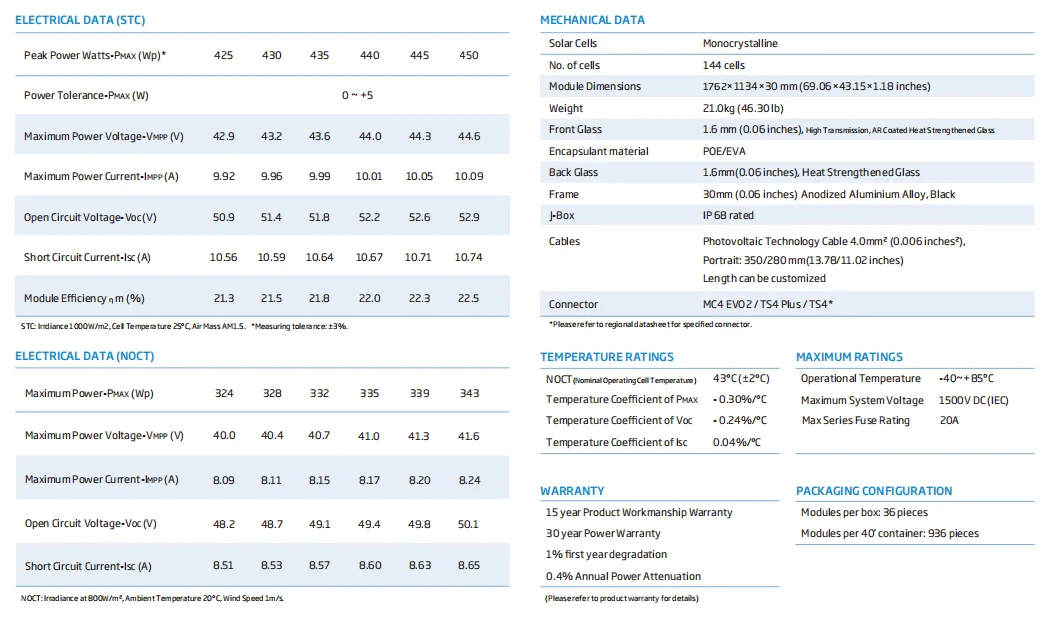inverter hybrid
Understanding Inverter Hybrid Systems
In recent years, the demand for sustainable energy solutions has surged, leading to the development of innovative technologies. One such advancement is the inverter hybrid system, which combines the benefits of inverter technology with hybrid energy systems. This article will explore the importance, functionality, and advantages of inverter hybrid systems.
At its core, an inverter hybrid system integrates renewable energy sources, such as solar panels or wind turbines, with traditional energy systems. This hybrid approach enables users to bridge the gap between clean energy and conventional electricity sources, ensuring a stable power supply. The inverter plays a crucial role in this system by converting direct current (DC) from renewable sources into alternating current (AC), which is essential for powering most household appliances and industrial equipment.
One of the key advantages of inverter hybrid systems is their ability to optimize energy usage. By utilizing both renewable and non-renewable energy sources, these systems can minimize reliance on fossil fuels and reduce greenhouse gas emissions. During sunny or windy conditions, for example, the system can maximize the use of renewable energy, decreasing the need to draw power from the grid. Conversely, during periods of low renewable energy generation, the inverter hybrid system can seamlessly switch to grid power or internal batteries, ensuring a continuous energy supply.
inverter hybrid

Additionally, inverter hybrid systems can improve energy resilience. In areas prone to power outages, having a reliable backup power source is crucial. These systems can store excess energy generated during peak production times, allowing users to access that energy when needed, ultimately leading to greater energy independence.
The technological advancements in inverter hybrids have also underscored their economic feasibility. While the initial investment can be substantial, the long-term savings on energy bills often outweigh these costs. Many regions offer incentives such as tax breaks or subsidies for adopting renewable energy technologies, enhancing the economic attractiveness of inverter hybrid systems. Furthermore, as technology continues to advance and production costs decrease, the financial viability of these systems is expected to improve even further.
Inverter hybrid systems are particularly appealing to environmentally conscious consumers as they promote sustainable living. By embracing such technologies, individuals and businesses can play a role in combating climate change while enjoying the benefits of reduced energy costs. As society moves towards greater environmental responsibility, the adoption of inverter hybrid systems is likely to increase.
In conclusion, the inverter hybrid system represents a significant step forward in energy generation and consumption. By merging renewable and traditional energy sources, these systems not only enhance energy efficiency and resilience but also pave the way for a more sustainable future. As innovations continue to emerge, inverter hybrid systems will undoubtedly play a vital role in shaping the energy landscape of tomorrow.
-
Unlocking Energy Freedom with the Off Grid Solar InverterNewsJun.06,2025
-
Unlock More Solar Power with a High-Efficiency Bifacial Solar PanelNewsJun.06,2025
-
Power Your Future with High-Efficiency Monocrystalline Solar PanelsNewsJun.06,2025
-
Next-Gen Solar Power Starts with Micro Solar InvertersNewsJun.06,2025
-
Harnessing Peak Efficiency with the On Grid Solar InverterNewsJun.06,2025
-
Discover Unmatched Efficiency with the Latest String Solar InverterNewsJun.06,2025







